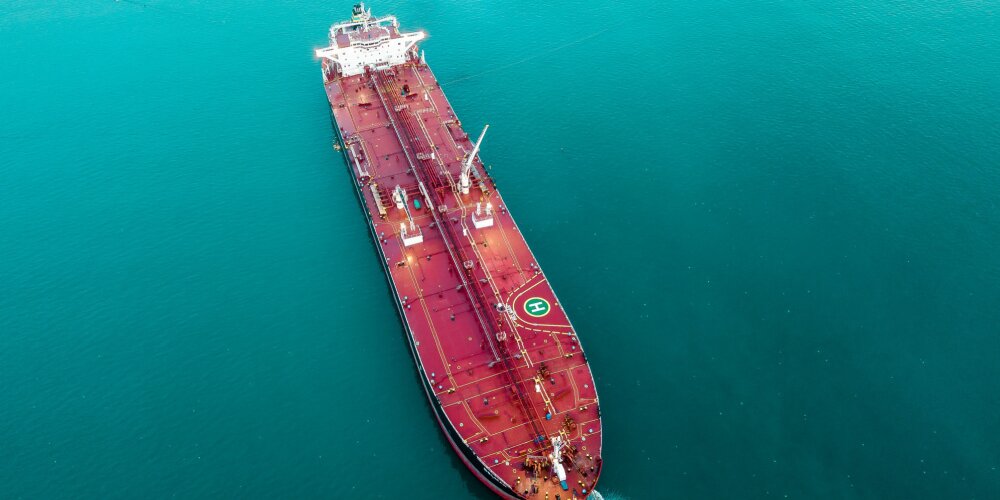Browse our services
Explore how Brookes Bell can help you
Find an expert
Meet our team, find and expert and connect
Contact us
Get in touch, we're here to help

A new study conducted by fuel technology company FuelTrust has revealed that up to 39% of global bunkers may exhibit fuel content discrepancies.
The study, which used AI-based technology to investigate fraudulent practices and inadequate supply chain management, found that between 2021 and 2022, more than 39% of global bunkers exhibited a fuel content delta of 2% or more compared to the amounts stated in their delivery paperwork.
Of the issues identified, the introduction of water into the fuels during the journey from onshore storage tanks to the ship’s bunker tank was the most prevalent. As a result, ships saw an increase from 0.1% to above 0.25% water content. Although this is below the regulated threshold, the FuelTrust team found that this still resulted in average losses of $14,910 per affected delivery.
In a press release, FuelTrust highlighted that, ‘the maritime fuel market has a long history of not being transparent. Bunker fuels account for more than 50% of a vessel’s operational expenses, meaning fraudulent practices and inadequate supply chain management can significantly affect the profitability of vessel owners and charterers’.
To further emphasise the point, FuelTrust has highlighted that in July 2023 alone, 11 ships lost propulsion, and a further 100 vessels were impacted by a single incident of fuel contamination in Houston.
FuelTrust also highlighted issues with seemingly ‘on-spec’ fuels, saying that:
‘Even fuel considered ‘on-spec’ (meeting specified quality standards) experiences volume or content issues, leading to financial losses or engine problems. In the past year, over 600 vessels were disabled through fuel problems, despite the fuel being ‘on-spec’, resulting in estimated global supply chain losses exceeding $5 billion’.
Commenting on the study, Jonathan Arneault, CEO and Co-Founder of Fuel Trust, said:
“This new research across the global bunkering market emphasises the need for better transparency.
As the latest contamination case demonstrates, it’s essential that shipowners, bunker suppliers and charterers can gain a better insight into their fuel supply chains. Better information on the fuel we use is also a foundational block of any serious GHG reduction strategy”.
As the story above makes clear, contaminated or poor quality bunker fuel remains an ongoing source of issues and disputes for the global maritime industry.
If you find yourself in a bunker fuel quality dispute, then it’s vital you have expert advice on hand to help resolve the situation in your favour.
Brookes Bell’s team of fuel experts are able to use a combination of their expertise and experience - and forensic laboratory examination of samples - to determine where the fault truly lies in a bunker dispute.
For more maritime industry insights, news and information, read the Brookes Bell News and Knowledge Hub…
Maersk to Pioneer First Container Vessel Conversion to Dual-Fuel Methanol Engine | Shipping Industry Should Expect a ‘Multi-Fuel Future’ According to New Survey | Why Bunker Fuel Analysis Is More Important Than Ever